
In the sacred traditions of Islam, healing is not merely a physical endeavor—it is a spiritual practice that connects us directly to the words of God. Among the most beautiful and accessible forms of Prophetic medicine is the practice of ruqyah: the recitation of Qur'anic verses and supplications over those who are ill, accompanied by a gentle breath or blow.
This practice was not reserved for strangers or distant followers. The Prophet Muhammad ﷺ performed ruqyah for his own family members, demonstrating that the most powerful healing often begins at home, with those we love most.
'A'isha (may God be pleased with her), the beloved wife of the Prophet ﷺ and a scholar in her own right, narrates a practice that was regular in the Prophet's home:
"When any of the members of the household fell ill, God's Messenger ﷺ used to blow over him by reciting Mu'awwidhatayn."
The Mu'awwidhatayn—Surah Al-Falaq and Surah An-Nas, the final two chapters of the Qur'an—were the Prophet's chosen verses for protection and healing. These short yet profound surahs seek God's refuge from all forms of harm: seen and unseen, physical and spiritual.
The narration takes an even more poignant turn as 'A'isha describes the Prophet's final illness:
"When he suffered from illness of which he died, I used to blow over him and rubbed his body with his hand, for his hand had greater healing power than my hand." [Sahih Muslim #2192]
Imagine the scene: the greatest of creation, lying in his final illness, and his wife performing ruqyah over him using his own blessed hand. She recognized that even as she recited the words of God, the barakah in the Prophet's own hand surpassed any other means of healing. Yet she persisted in caring for him, combining the spiritual practice he had taught her with physical touch and tender devotion.
This moment captures something profound: healing is an act of love, and even when the outcome is God's will alone, the act of seeking healing through His words honors both the one suffering and the One who has power over all things.
What makes ruqyah so powerful? It operates on principles that modern seekers of holistic healing are rediscovering:
The Qur'an is not ordinary speech—it is the word of God, and it carries transformative power. When we recite it with intention and presence, we're not just uttering sounds; we're channeling divine mercy and protection into the physical realm.
The act of blowing (nafth) after recitation is deliberate. In Islamic understanding, the breath carries something of the soul's essence. When combined with sacred words, this breath becomes a vehicle for barakah and healing energy to reach the afflicted person.
Notice that 'A'isha didn't just recite—she also touched and rubbed the Prophet's body with his own hand. Ruqyah engages multiple dimensions: sound (recitation), breath (blowing), and touch (physical contact). This holistic approach acknowledges that we are integrated beings, not merely physical bodies or disembodied spirits.
The effectiveness of ruqyah is deeply connected to yaqeen (certainty) in God's power. When we perform ruqyah, we're not engaging in superstition; we're activating our relationship with the Divine Healer through His own prescribed means.
The beauty of this Prophetic practice is its accessibility. You don't need to be a scholar or a healer by profession. The Prophet ﷺ performed ruqyah for his family, and we can do the same for ours.
Here's how to practice Prophetic ruqyah:
For yourself:
For others:
Additional powerful verses for ruqyah:
'A'isha's statement—"his hand had greater healing power than my hand"—reminds us of an important truth: not all sources of barakah are equal. The Prophet's hand carried unique blessing because of who he was.
Today, while we don't have access to the Prophet's physical presence, we do have access to his teachings, his supplications, and his example. When we practice ruqyah as he practiced it, using the very verses he used, we connect ourselves to that prophetic barakah across the centuries.
Moreover, seeking healing through the prayers and ruqyah of righteous people—scholars, parents, those known for their piety—is also part of our tradition. Their closeness to God can make their supplications particularly powerful.
Perhaps the most beautiful aspect of this narration is what it reveals about the Prophet's character. Despite being the Messenger of God, despite receiving revelation from the heavens, he still blew verses of protection over his family when they fell ill. He didn't consider it beneath him. In fact, it was an expression of his love and care.
This teaches us that seeking healing through ruqyah is not a sign of weakness or a contradiction to seeking medical care. It's an acknowledgment that true healing comes from God, and the Qur'an is our most direct connection to His mercy.
At Nur Healing, we honor this Prophetic tradition by integrating Qur'anic healing practices into our holistic approach to wellness. When we combine the spiritual medicine of revelation with sincere intention and trust in God, we open ourselves to healing on all levels—body, heart, and soul.
May God make the Qur'an a source of healing and mercy for us and our loved ones. Ameen.
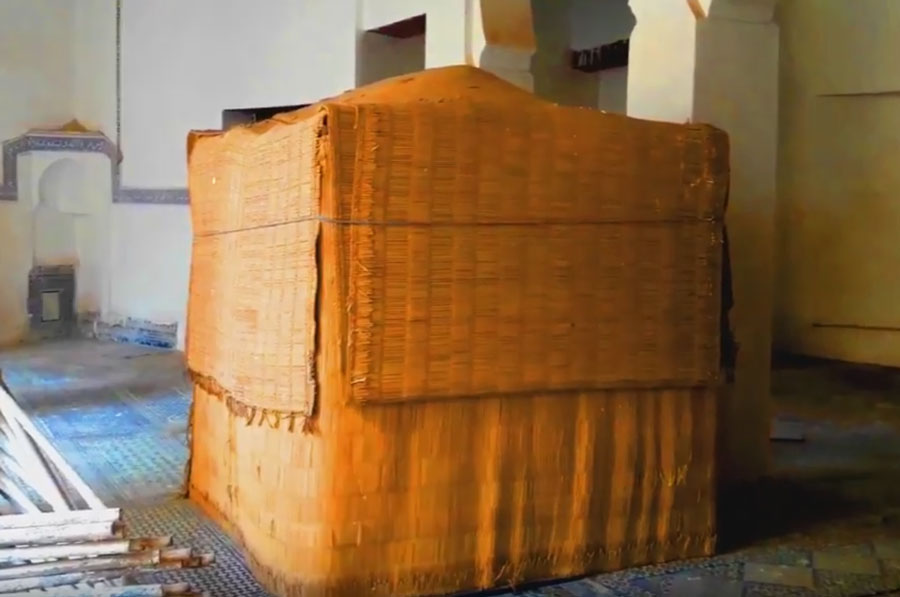
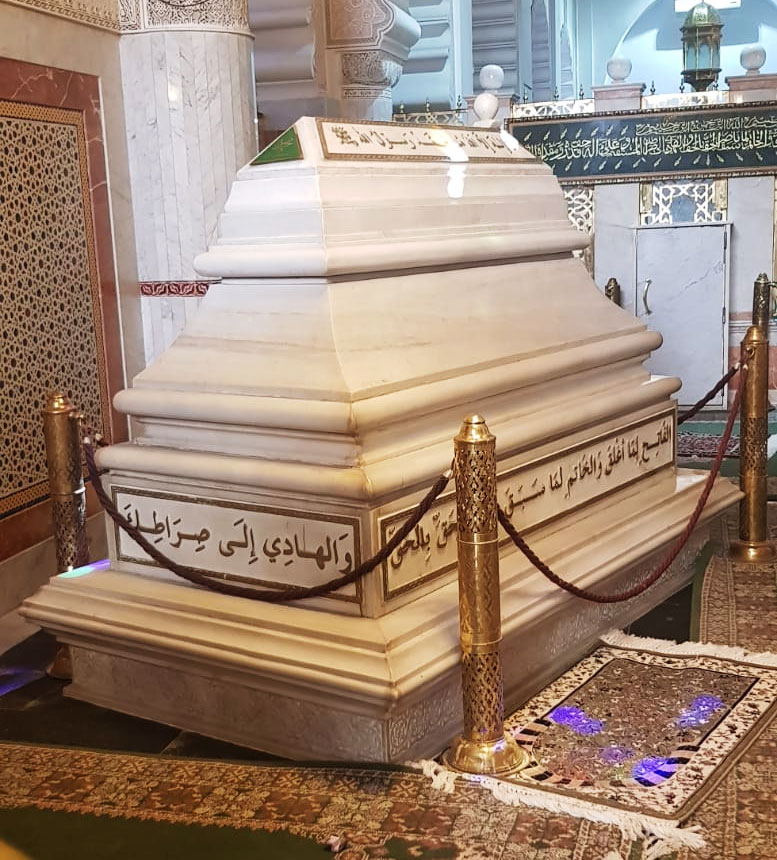

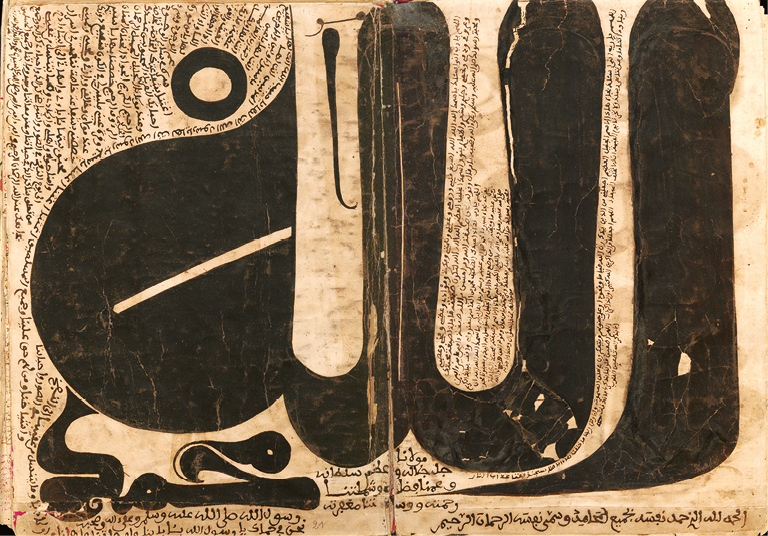
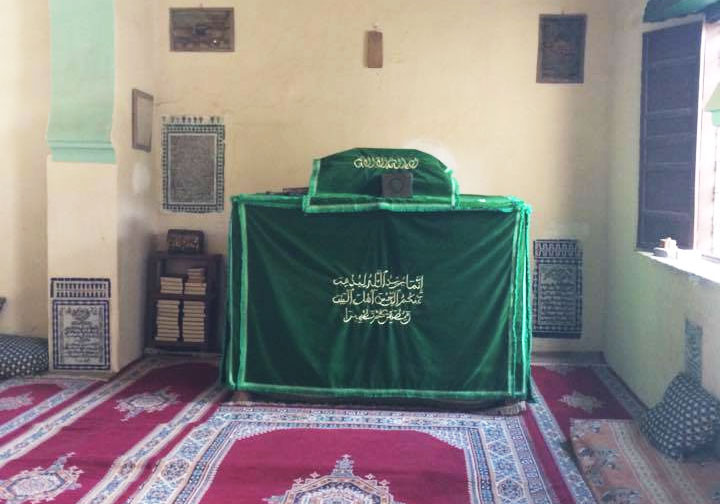

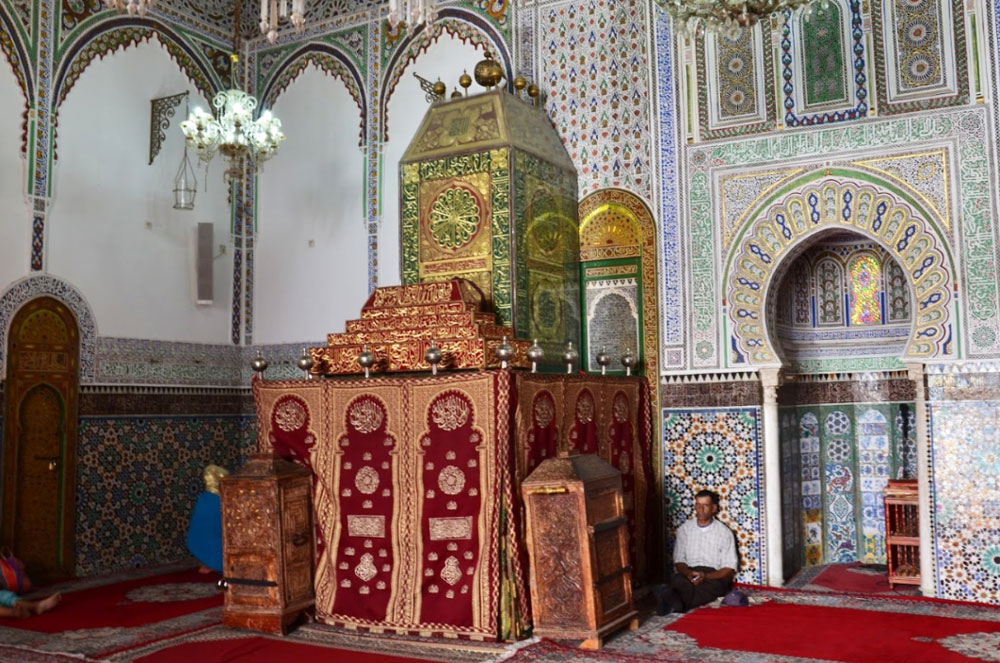
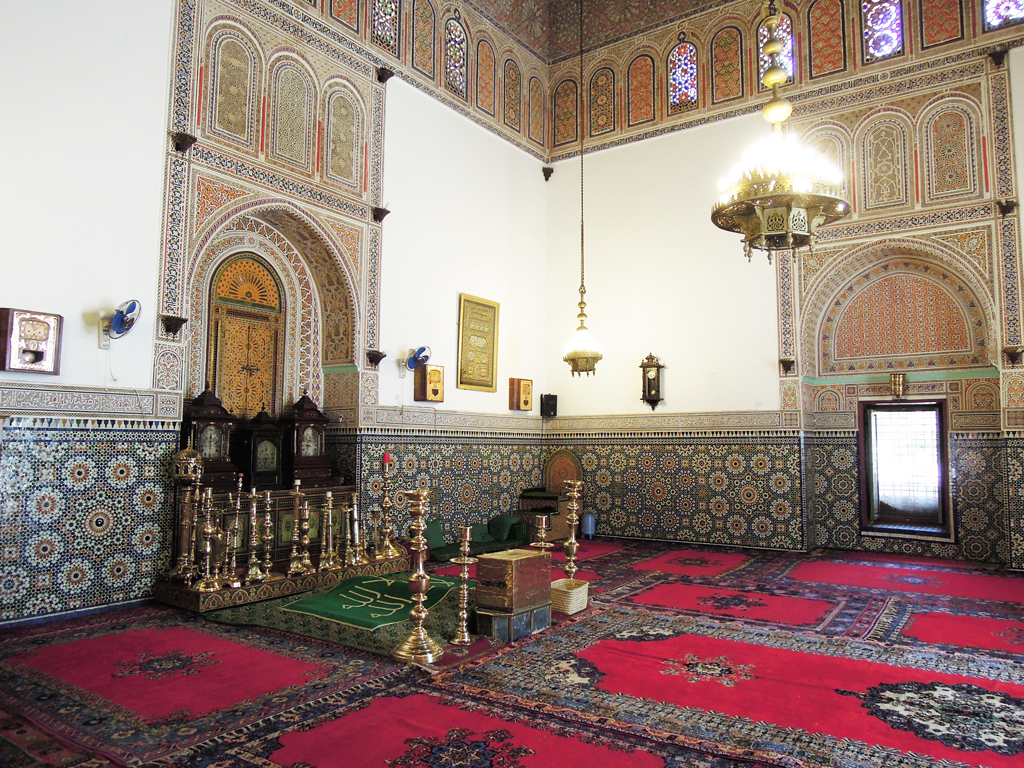





























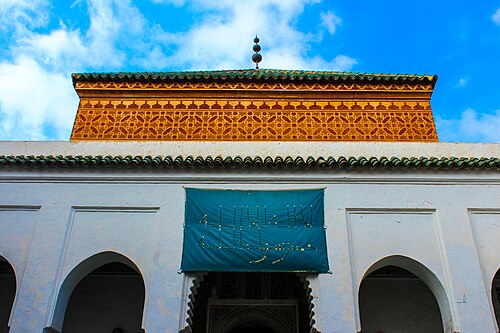
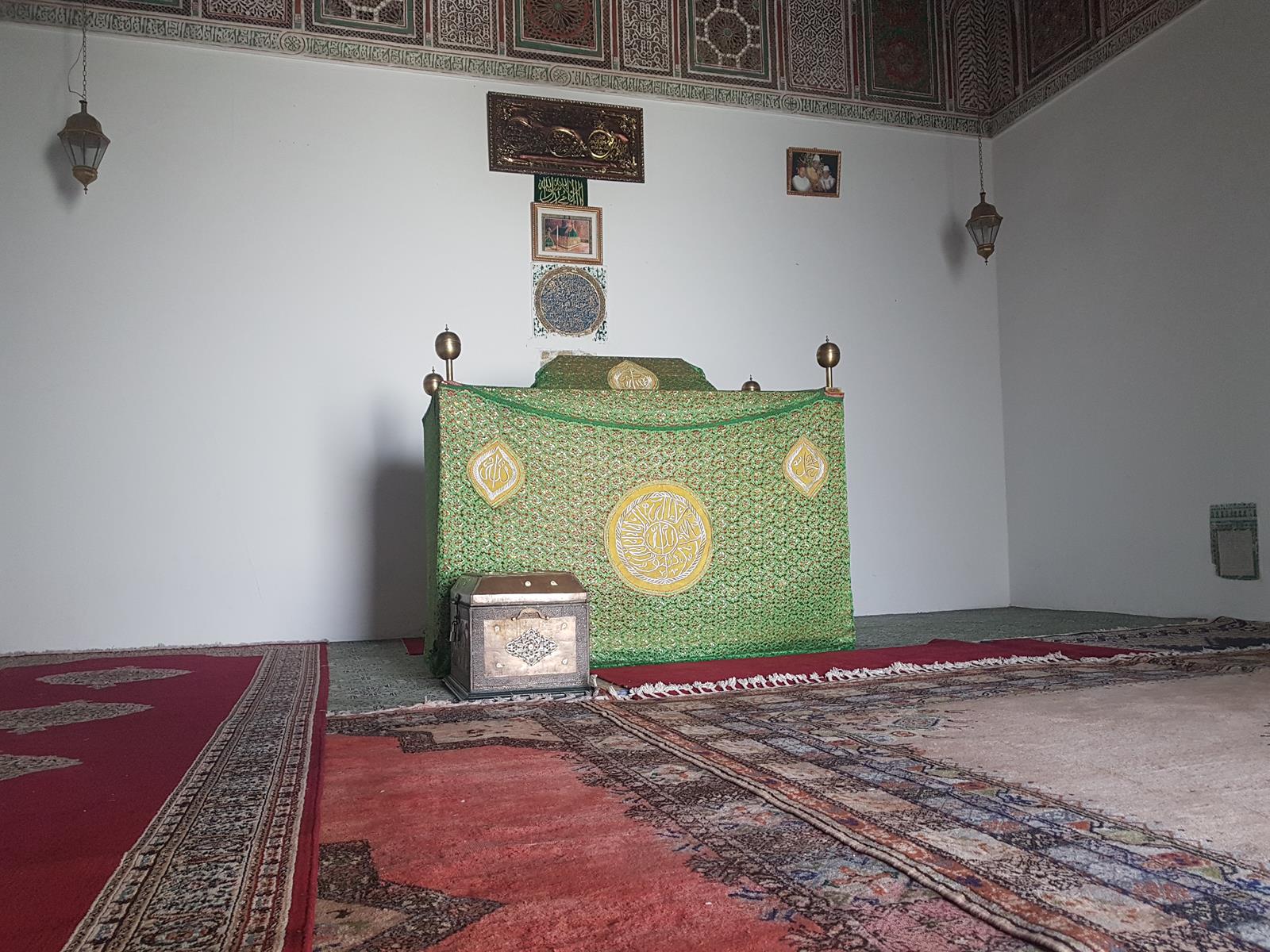




Find all our meditations on the Nur App!
Experience tranquillity through Qur'anic recitations and meditations on our Nur App and develop healthy spiritual routines to maintain your God-given Nur (light).
